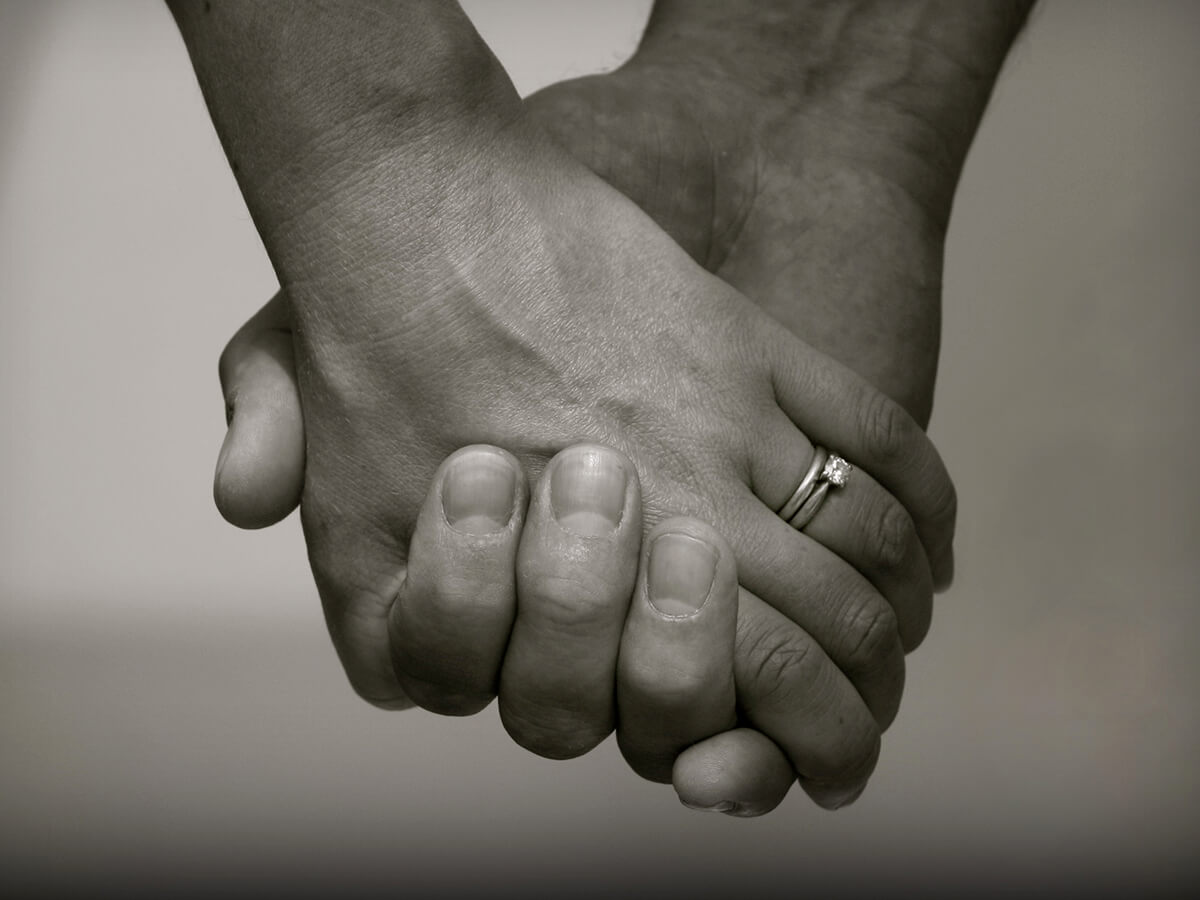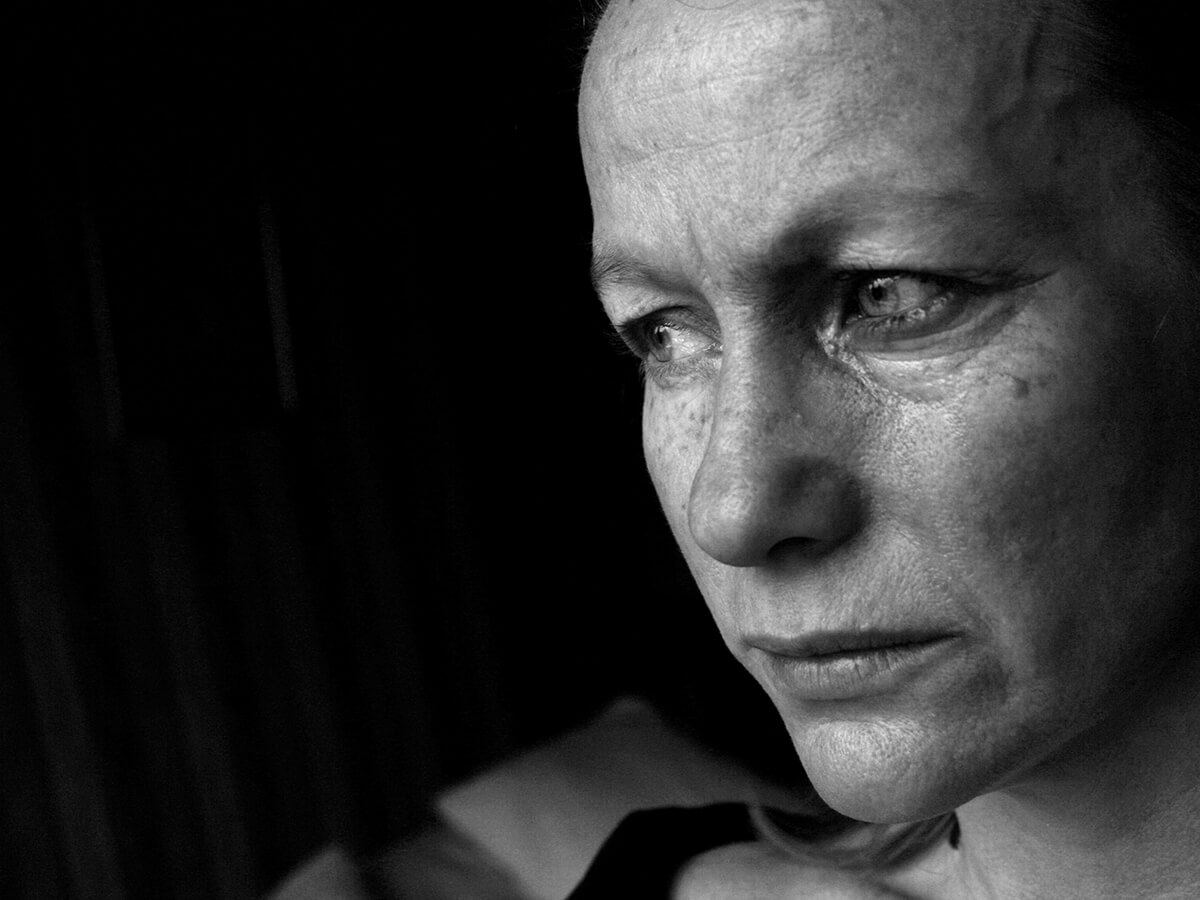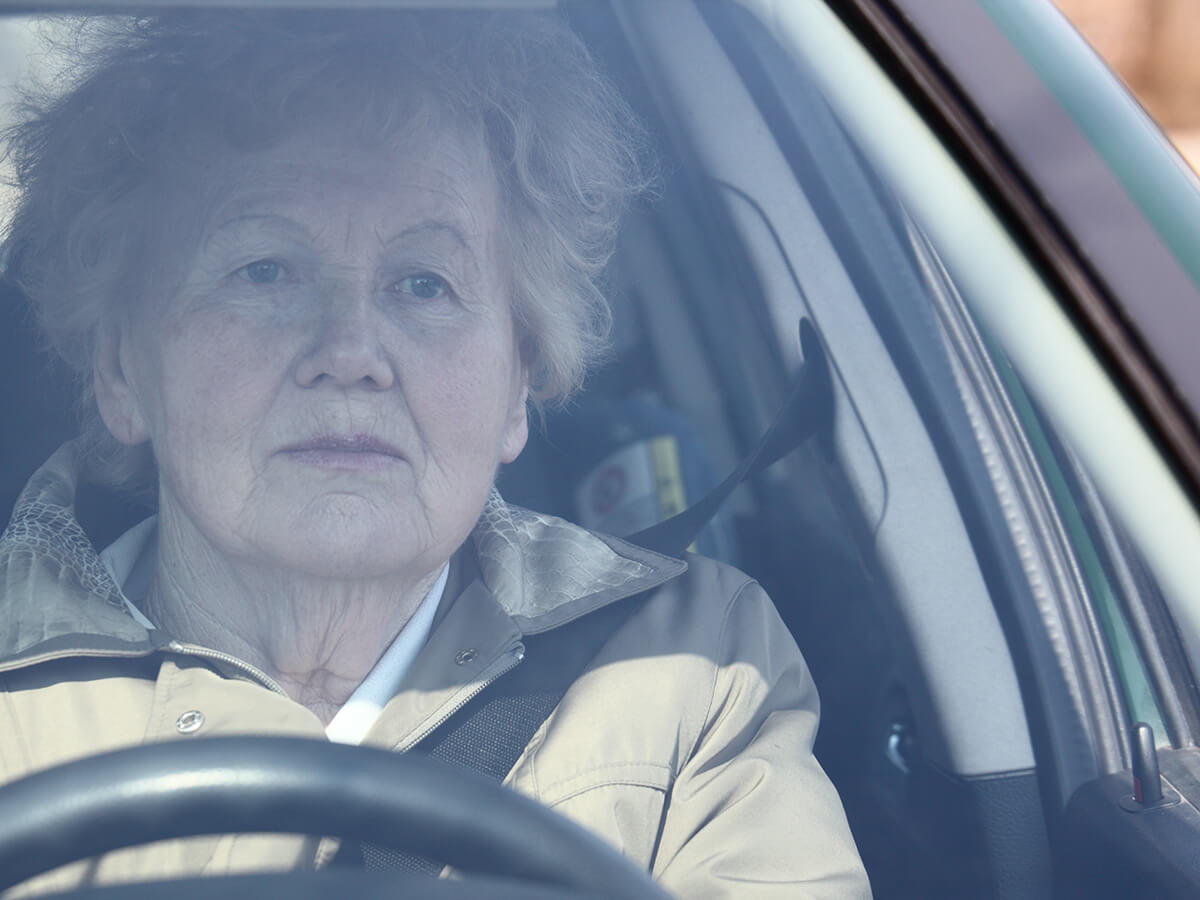Caregiving Basics
In any caregiving situation, there are four basic guidelines
to help ensure that you offer loved ones
the attention and support that they need.

PRAY
Whether before, during or after a caregiving experience, prayer helps ensure that our caregiving reflects the heart of God. In praying before we offer care, we acknowledge our reliance on God’s strength and healing. Prayer in the midst of care directly communicates our support for our friend, reminding them of the comforting power of the Holy Spirit (remember: ask permission to pray with a friend as well as what their prayer requests are). Following up your care with a commitment to continue praying offers additional encouragement and support for the one in need.
LISTEN
Compassionate empathetic listening is a caregiving guideline that is often taken for granted or overlooked, but it’s often the most powerful way you can help a person who is suffering. To listen well you must offer your complete, undistracted attention. You must also commit to hearing more than speaking, resisting the urge to give advice or tell your own story. When you respond, acknowledge the person’s pain and ask clarifying questions. You may also encourage them to name their own feelings, struggles and thoughts.


RESPECT THE GRIEF JOURNEY
Grief is a normal and natural journey by which a person makes a healthy adjustment to any significant loss in his or her life. Anticipating and accepting the emotions a grieving person experiences will let them know you are open and kind, offering room for them to process and feel what is happening for them in healthy ways. Emotions you may observe in a grieving friend include shock, denial, depression, anger, fear and bargaining. As you welcome and listen to these emotions without managing them or offering tips and advice, you help a grieving person journey towards acceptance. Remember: stay present and gracious as you engage the wounded’s grief.
PRESERVE THE DIGNITY
“Human dignity” can be defined as one’s self-worth. Our caregiving should not diminish a person’s feelings of self-worth/self-respect. Whether we care for a co-worker who is going through a divorce, a friend who has cancer, or for a spouse or parent–we need to remember that the person is first of all a child created by God. So engage their thoughts, feelings, struggles and dreams in light of that truth. When you wonder how to respond, ask yourself what you would want done to you in that same situation.

Explore Articles on Caregiving Basics

What advice would you give to a soon-to-be married couple?
Hello! My name is Annette Kuiper. I’ve been blessed from the Lord to be married for 3 years now to a my husband, Tim. I’m 28 years old and am the oldest of 5 children. I’ve grown up in Michigan all my life. My younger brother is getting married this year, and I came up with a letter called “Advice From Your Older Sister”. It was meant to bring up subjects to think and talk about as he is anticipating married life. Now they might help you as well.

How can we care for a person with cancer?
How can we care for a person with cancer? Ask Important Questions! Ask, “How are you, today?” and also ask, “What’s going to be the hard part for you?” Be sincere and show them that what they are going through is important to you. Tell them you’re coming over …. Then visit them. Be creative with special treats and conversations that will brighten their days. Even if they say they don’t need anything, that’s when they will most appreciate that you are there.

The Power of Listening
By Rodger Price We have two ears, one mouth. What might God be telling us? Which do you prefer more when you’re dealing with an issue - someone telling you what you need to do, or someone listening...

How do I help my sister who’s son was killed 4 years ago?
Dear Karen:
My sister’s son was involved in a gang and was killed 4 years ago. She has not moved forward in her life and is still so crushed by this tragedy. She nor he is/was a believer so it is hard for me to give her comfort. I just let her know I love her but as far as heaven there is no hope. What can I share with her to help her to move forward and try to maybe use this to help others.

What can we do to care for a family while their loved one is away serving our country?
The girl that grew up next door to us has been going through this. I usually talk to her once a week, and some of her friends do really nice things for her: They have helped her with car pooling her kids, and have invited her kids to dinner, but not her, so she had some time off. Two of her friends took her on a special weekend outing for her wedding anniversary, and her mom took take care of her kids.

Connecting With God
[Video: Scroll to the bottom to see Karen's video on this topic.] What is the purpose of prayer? One of my pastors, Jill Russell, said in a sermon, “We have asked, and it has not been given. We have...
